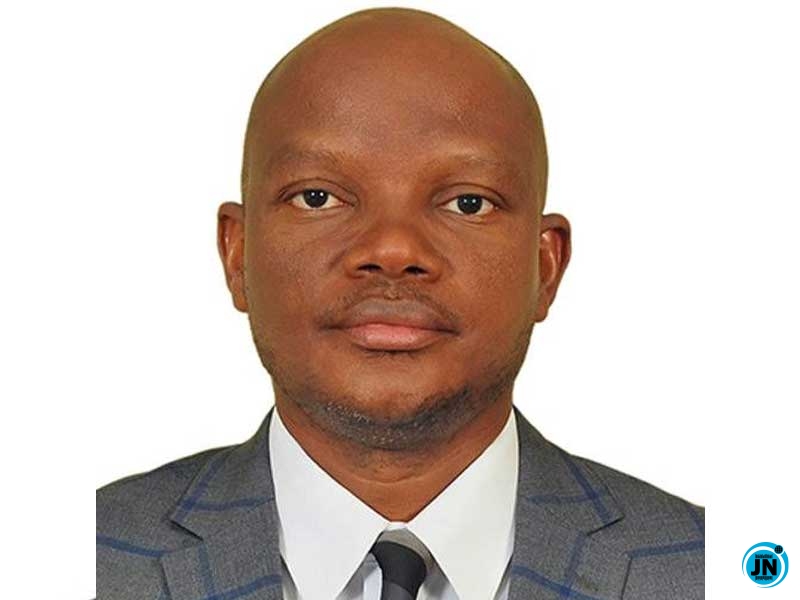The Academic Staff Union of Universities b has officially commenced a two-week warning strike today, Monday, October 13, 2025, following the expiration of the ultimatum previously issued to the Federal Government. This action represents a significant escalation in the ongoing industrial dispute between the union and the government, as ASUU continues to press for the full implementation of longstanding demands, including improved funding for public universities, better welfare packages for academic staff, payment of earned allowances, and adherence to the provisions of the 2009 ASUU-FGN Agreement. The union has repeatedly emphasized that the strike is a necessary measure to compel the government to address critical issues that have persisted over several years, affecting the quality and continuity of tertiary education in Nigeria.
ASUU National President, Prof. Chris Piwuna, formally announced the strike during a press briefing held at the University of Abuja on Sunday, noting that the decision was reached after thorough consultations within the union’s leadership and careful assessment of the government’s response to prior notices. Prof. Piwuna highlighted that despite multiple rounds of negotiations and assurances from the Federal Government, progress on resolving the union’s key concerns has been insufficient. He explained that the decision to embark on the strike was not taken lightly, but rather as a necessary action to underscore the seriousness of ASUU’s demands and the urgency of addressing the persistent challenges confronting public universities.

The two-week warning strike represents another phase in the prolonged standoff between ASUU and the Federal Government. The union has clarified that this strike is intended as a signal of their determination to have critical issues addressed, which include securing adequate funding for universities, ensuring timely and complete payment of Earned Academic Allowances, and guaranteeing consistent implementation of previously signed agreements. ASUU emphasized that the recurring disruptions to the academic calendar over the past years have been a direct consequence of unfulfilled government promises and delayed interventions, making decisive industrial action necessary to protect the integrity and quality of tertiary education in the country.
Earlier, on Wednesday, Minister of Education, Dr. Tunji Alausa, had disclosed in Abuja that the government was in the final stages of negotiations with ASUU and other university unions regarding unresolved matters affecting lecturers’ welfare, university funding, infrastructure development, and general conditions of service. The minister revealed that the administration had already made notable strides by releasing ₦50 billion for the payment of Earned Academic Allowances and earmarking an additional ₦150 billion in the 2025 budget to address critical university needs, to be disbursed in three tranches. However, ASUU leadership argued that these measures, while substantial, fall short of fully addressing the union’s comprehensive demands, leaving the core issues unresolved and necessitating industrial action.
During the Sunday briefing, Prof. Piwuna addressed the press, stating, “Compatriots of the press, it goes without saying that there is nothing sufficient on the ground to stop the implementation of the ASUU-NEC’s resolution to embark on a two-week warning strike at the expiry of the 14-day notice given on the 28th September 2025. Consequently, all branches of ASUU are hereby directed to withdraw their services with effect from midnight on Monday, the 13th October, 2025. The warning strike shall be total and comprehensive as agreed at the last NEC meeting.” He further emphasized that this action is a warning to the government and a call for urgent attention to the union’s unresolved issues, stressing that the strike is intended to protect both the rights of lecturers and the interests of students.
ASUU has called on all its members across the nation to ensure full compliance with the strike directives, warning that partial participation will not be tolerated and stressing the importance of solidarity among academic staff during this period. The union has also appealed to students, parents, and members of the public to understand the rationale behind the strike, explaining that it is aimed at compelling the government to fulfil its obligations and safeguard the quality of education in public universities. Meanwhile, the Federal Government continues to advocate for dialogue and patience, emphasizing the need to minimize disruption to the academic calendar and calling on both parties to engage constructively to resolve the lingering disputes during the strike period.
The commencement of this two-week strike adds another layer of uncertainty to the academic schedule in public universities across Nigeria, as students and staff brace for potential disruptions to lectures, examinations, and other academic activities. Analysts note that the outcome of this industrial action could have far-reaching implications for the education sector, highlighting the delicate balance between safeguarding the rights of academic staff and ensuring uninterrupted access to higher education for students nationwide. Stakeholders continue to call for urgent and meaningful engagement between ASUU and the Federal Government to prevent further escalation and ensure a sustainable resolution to the decades-long disputes.[/p>